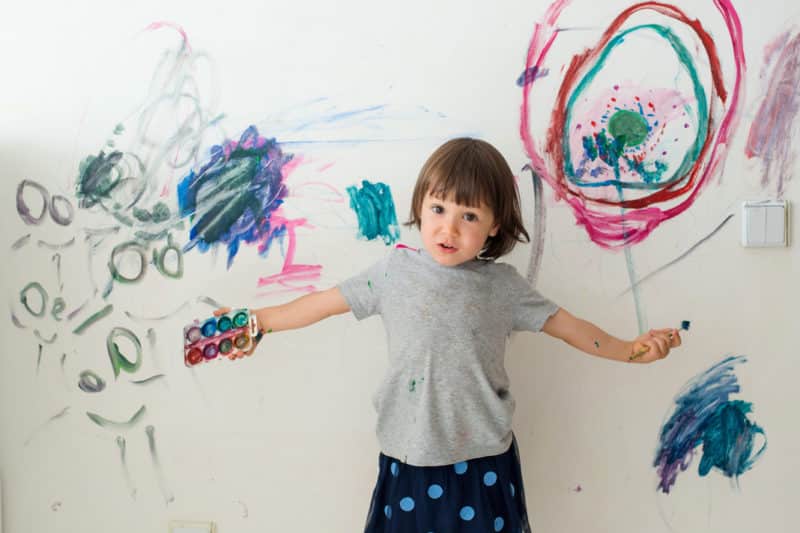Big fibs, porky pies – whatever you choose to call them, lies are told by children the world over. The question is, how do you deal with them?
Let’s face it, children the world over don’t always tell the absolute truth. In part, this can be because they don’t automatically separate fact from fiction, especially when they are very young. That fantastical tale they are telling you may be something they’ve seen on a screen, read in a book or dreamed about – this is their imagination at work and marvellous to behold.
We also, unwittingly, encourage ‘harmless’ lies. Consider the ‘poker face’ that is required in many family card and board games and how we teach even young children the arts of deception through acting, make believe and role play.

Confession time
The ‘it wasn’t me’ line is common when children are ashamed or embarrassed about something they have done. Asking for honesty is important, but the skill comes in doing so in a way that avoids further humiliation and allows the child to move on without too much upset.
More problematic are the big lies that can’t be allowed to pass. Dealing with tales told to get someone else into trouble (or get oneself out of really big trouble) requires firmness, patience and clarity. Children need to understand why they must not do this again and how it has affected others. The most important lesson they can learn here is that ‘fessing up’ is the wiser course when we have messed up.
Ultimately, teaching children to speak up is crucial. After all, we want them to turn to us without fear if they are worried by something, or someone, in their life, so creating a climate where children can trust that honesty is better and safer than silence, secrecy or deceit is the most important lesson we can teach.
“Creating a climate where children can trust that honesty is better and safer than silence, secrecy or deceit is the most important lesson we can teach”
Of course, there are times when we don’t want our children to be completely frank. We lead by example in the kindness of heart that doesn’t tell someone dinner was inedible. It’s a complex part of life, but parents must trust and hope they are demonstrating when honesty can be tempered. We can only wonder at the amazing cognitive whirl which means that alarmingly straight-talking toddler morphs into an eight-year-old able to thank Granny for her hideous gift sweetly, and without missing a beat.
Further reading: Journals and games to help children express their feelings
You may also like...






























